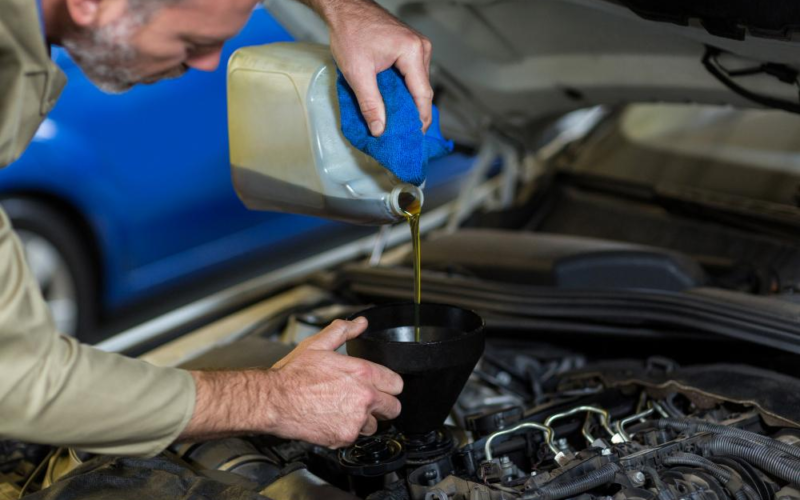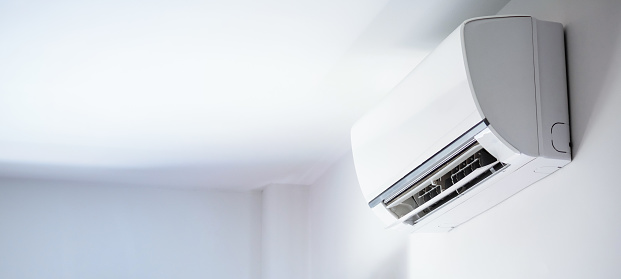
Whether you drive light or heavy-duty Renault commercial vehicles, keeping up with regular oil changes is essential for its performance. Keeping your commercial vehicle filled with clean and quality engine oil all the time ensures smooth operation, minimises friction and promotes engine longevity.
While engine oil replacement needs were quite frequent a few years ago, the life of today’s higher-quality lubricants has drastically increased. This has even impacted the engine oil change frequency in commercial vehicles.
So, if you are curious to know the ideal engine oil change frequency for your Renault commercial drives, this blog is for you. Specialist Renault mechanic Melbourne discusses in detail various aspects of the oil change needs of Renault commercial vehicles.
Recommended Oil Change Frequency For Renault Commercial Vehicles
Renault recommends changing the engine oil in its commercial vehicles every 30,000 km or 2 years, whichever comes first. However, the oil change frequency may vary based on several factors, such as the vehicle age, driving conditions, etc.
It is advisable to check your manufacturer’s manual or discuss with an authorised Renault mechanic near you to know the oil change frequency for your Renault commercial flights.
Factors That Affect Engine Oil Change Frequency
Several factors impact when your commercial vehicle oil should be changed, including:
1. Oil Quality and Type
The type and quality of engine oil you use for your commercial vehicles determines its replacement frequency. Poor-quality oil won’t last as long as high-quality oil and will damage the engine over time. Renault recommends using synthetic engine oil of grade 10w/30 and 15w/40 for its commercial vehicles.
2. Driving Habits
How you drive or use your vehicle also affects its oil change frequency. Accelerating too hard, driving on steep or rough roads frequently or taking short trips will cause your engine to wear down faster. Further frequent idling or acceleration stresses the engine more. Not only this, but towing heavy loads also makes your engine work harder, leading to quicker oil breakdown. All these conditions necessitate more frequent oil changes.
3. Vehicle Age and Condition
An ageing vehicle or faulty engine needs frequent oil changes as compared to newer or well-functioning ones. Older commercial vehicles may require more frequent oil changes due to increased wear and less efficient oil circulation.
New vehicles, on the other hand, are often designed with longer oil change intervals, especially when using synthetic oil.
4. Climate Conditions
The climate also plays a key role in determining oil change frequency for your Renault commercial vehicles. Both cold and hot climates can affect oil performance, requiring more frequent oil replacements to keep your engine running smoothly.
Driving in a region with high humidity can lead to condensation and oil dilution, making it crucial to change oil frequently. Further, if you regularly drive your commercial vehicle in seaside areas with salt in the air or dry, dusty regions, you will need to change your oil frequently.
Signs Your Renault Commercial Vehicle Needs an Oil Change
If you keep on ignoring the need for an oil change, your vehicle will start signalling you about the same. Some common signs you may notice when it’s time for an oil change are:
1. Dark or Dirty Oil
As the oil is used regularly, it gets filled with pollutants and turns darker. If you notice that the colour of your engine oil has changed from light amber to dark and has turned thick, it’s a sign of old and dirty oil.
2. Active Oil Change Light
The simplest sign that indicates a need for oil change is the dashboard check engine light. If you see it illuminated, it means the engine is lacking lubrication and that an oil change is due.
3. Decrease in Performance
Noticing reduced mileage or fuel efficiency? If yes, it could be a sign the engine is struggling to operate and needs fresh oil.
4. Engine Noise and Knocking
Clean and fresh oil keeps engine components lubricated, preventing metal-to-metal brushing and keeping the engine quiet. If the engine lacks enough oil or uses polluted oil, the engine will start producing knocking or rumbling sounds. So, if you hear such noises from your vehicle’s engine, get the oil replaced immediately to avoid engine damage.
5. Unusual Smells Inside the Cabin
If you smell burning oil inside the vehicle cabin, it often indicates dirty oil or a leakage. But if you notice gas or exhaust fumes, it signals an overheating engine. Either way, you will want to schedule a vehicle inspection and get the oil changed immediately.
Conclusion
Oil changes are crucial to your Renault commercial vehicle performance and overall health. By recognising the signs and following manufacturer guidelines, you can ensure regular oil changes for optimal engine performance and longer vehicle life.





